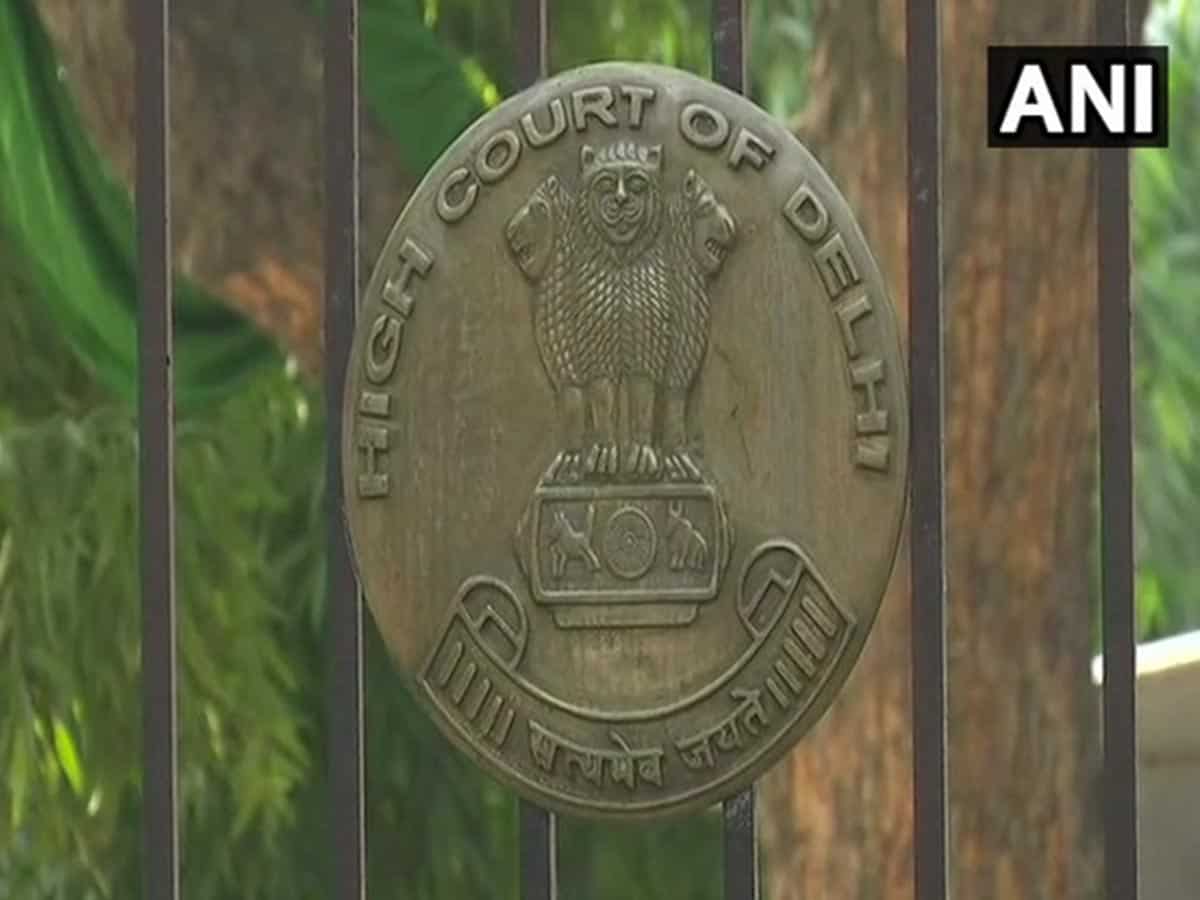
New Delhi: Stressing upon the importance of career guidance to students of classes 11 and 12, the Delhi High Court has said the authorities must ensure there is an appropriate system of counselling in place in schools.
Justice Sanjeev Narula said it is essential that students are counselled about decision making processes and directed the Delhi government to examine the issue of providing career guidance to school students in consultation with experts.
The court passed the order on a petition by an “exemplary student” who failed to secure admission in Delhi University, allegedly on account of his school not cautioning him that two of the subjects opted by him in class 12 were not considered as “main” subjects by the varsity, which attracted a penalty of 2.5% deduction of marks at the time of admission.
The court refused to grant the reliefs sought by the petitioner but said if students are made aware of the admission policies of different universities, it will help them make an informed decision regarding their subject choices.
“It must be emphasised that career guidance to students in Class XI and XII is crucial. It is indeed essential that students are counselled in this decision-making process. Respondent authorities, who supervise education imparted to students, must step-in to ensure that there is an appropriate system of counselling in schools, career guidance programmes/ career fairs, to assist students,” said the court in its recent order.
The court recorded while the Delhi government counsel concurred that such systems must be in place, “he is unable to readily cite the same”.
“Accordingly, the present petition is disposed of with a direction to GNCTD (Delhi government)/ DoE (Department of Education) to examine this issue in consultation with experts in the field and in case, any lacunae is required to be filled-in, they may do so by issuing appropriate directions to schools,” the court ordered.
The court rejected the petitioner’s prayer to cancel the CBSE affiliation of his school, saying it lacks foundation and is untenable as “improper career counselling to some students cannot be a ground for de-affiliation/ de-accreditation, in absence of any statutory provision that provides for such a penalty”.
It also observed there was no basis to hold that the petitioner’s choice was not voluntary and that the school should have disapproved or opposed his option because it was likely to impact his admission prospects in DU.
“Petitioner’s contention is farfetched and exhibits a very orthodox approach towards education centred around scoring marks. The School, on the other hand, would have a different approach of holistic development of students and would encourage them to select subjects based on their aptitude. Scoring of marks cannot therefore, be the sole criteria for selecting a subject,” the court said.
It said there was no reason to direct DU to dilute its standards for admission, as fixing the eligibility criteria is a policy decision which lies within the exclusive domain of the University.



